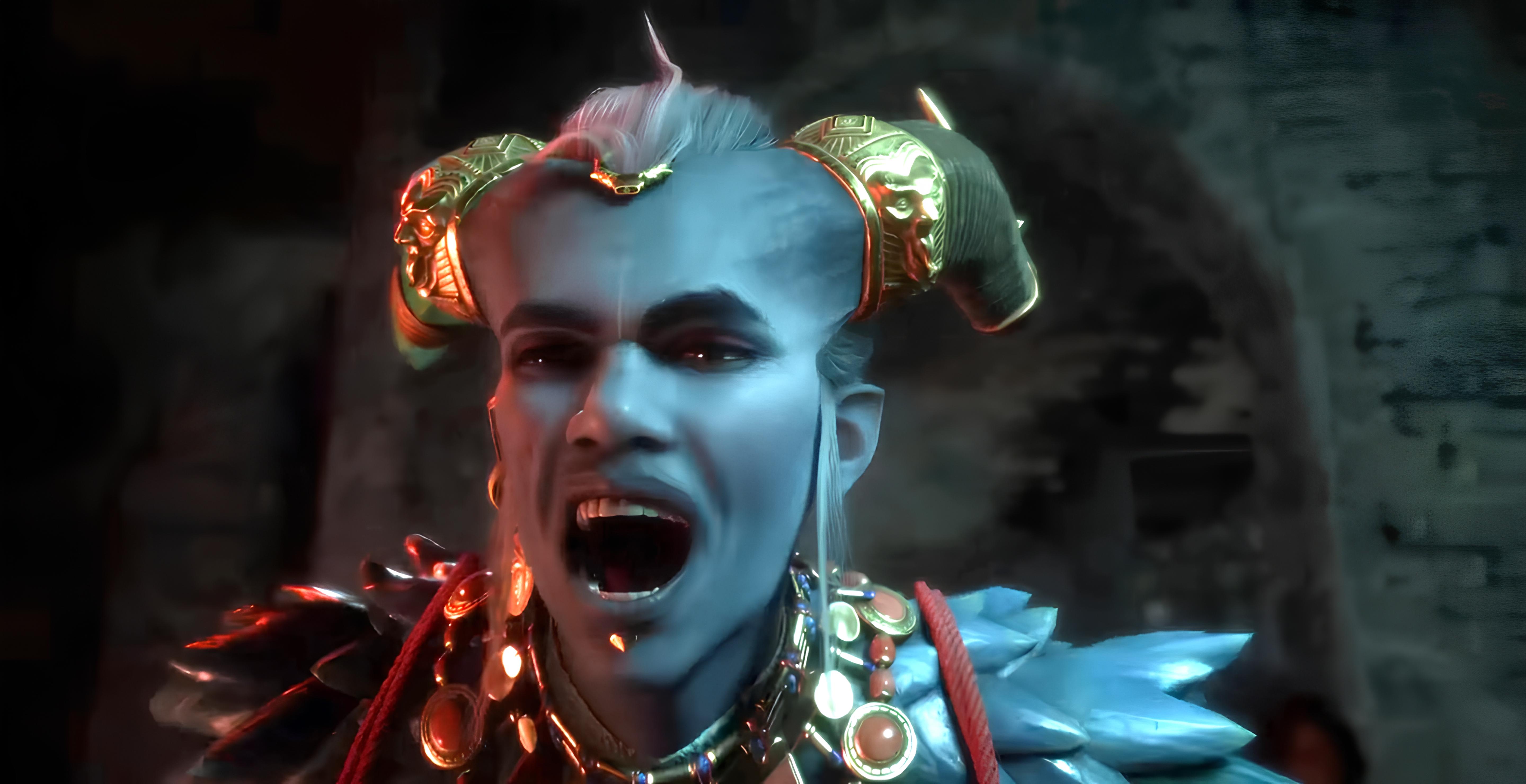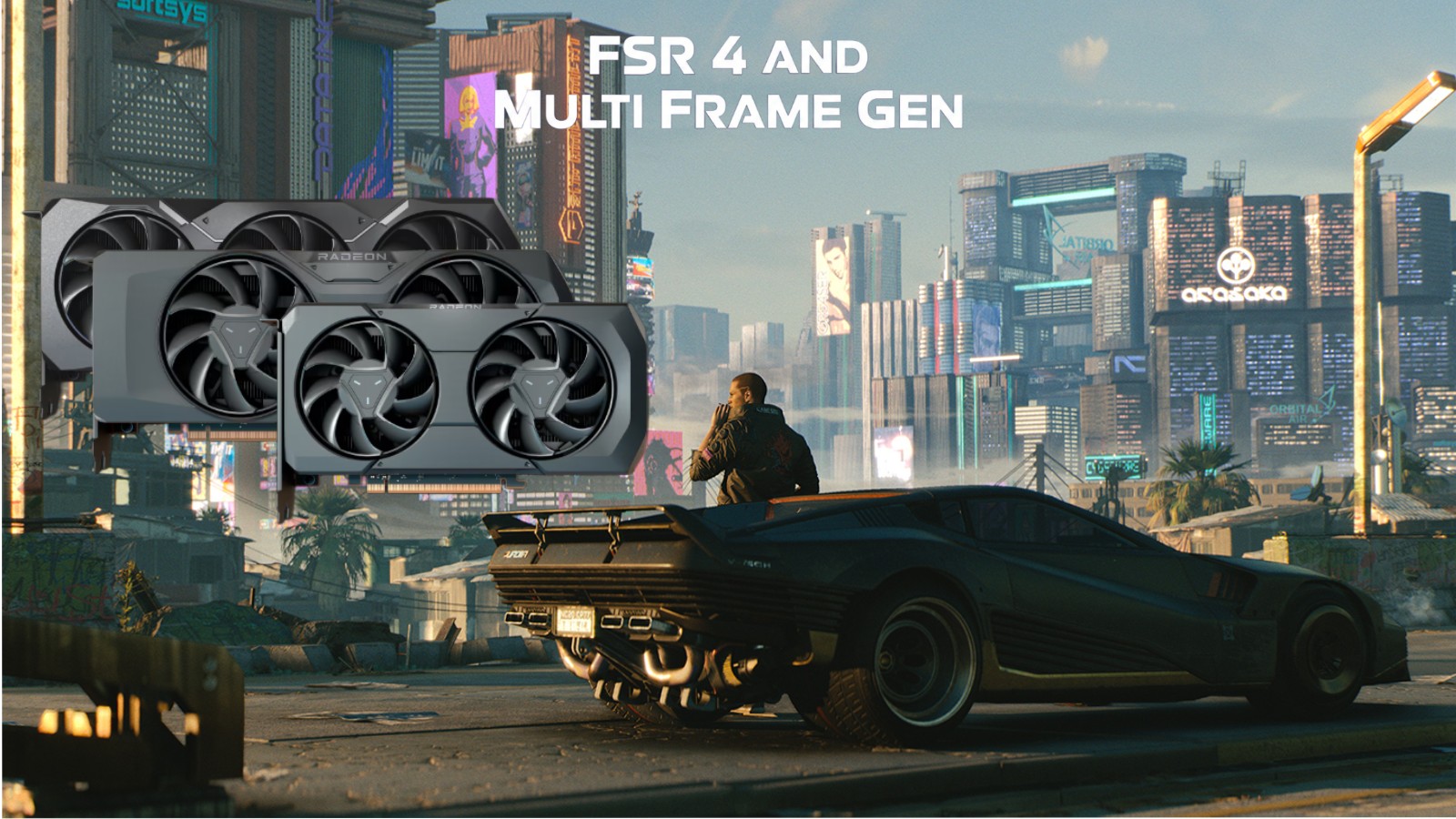- Mark Darrah says that EA has rejected his proposal for Dragon Age remasters/remakes several times.
- According to him, EA is against remasters/remakes overall.
- Based on an outdated engine, older Dragon Age games getting a remaster/remake treatment poses a problem.
EA has been neglecting its magnum opus franchises for quite some time, or worse, treating them poorly. Dragon Age, what was once regarded as one of the Mount Rushmore of RPGs, has been reduced to nothing but a mere joke thanks to the latest entry.
EA, however, refuses to do more with the franchise. Clearly, the Dragon Age franchise needs remasters and remakes to introduce newer players to the series. However, EA continues to reject remaster and remake proposals from developer BioWare.
Why it matters: Projects like Oblivion Remaster are testaments to why publishers need to go down the remake and remaster path more. It’s a great way to introduce these games to new audiences and also curb the hunger for the series until developers work on new entries.
As per Mark Darrah, former BioWare executive producer, he pitched a remake of Dragon Age: Origins or a remastered collection of the Dragon Age trilogy multiple times to EA. Unfortunately, EA has rejected such proposals every time, refusing to fund them.
Interestingly, Darrah revealed that EA is generally against remasters and remakes, which is quite surprising. Their new titles haven’t been doing well, so rewinding the clock should be the right thing to do here.
BioWare is also quite eager to do these projects, but alas. That said, the real problem is a bit deeper than just approving funds. Mass Effect Legendary Edition got the remaster treatment because all the games were made on Unreal Engine.

The same isn’t the case with earlier Dragon Age games. Dragon Age: Origins and 2 were made on BioWare’s long-forgotten Eclipse engine, while Inquisition was made on the Frostbite engine.
Since shrinking down to less than 100 employees, not many BioWare employees are acquainted with the Eclipse engine. If anything, Dragon Age: Inquisition has the best chance of getting a remaster/remake, but that still isn’t likely after EA has gone through massive restructuring as a measure of cost-cutting recently.
What are your thoughts on this story? Let us know in the comments below, or at the official Tech4Gamers Forums.
Thank you! Please share your positive feedback. 🔋
How could we improve this post? Please Help us. 😔
[Staff Writer]
Shaheer is currently pursuing a Business degree while also working as a part-time Content Writer. With his deep passion for both writing and video games, he has seamlessly transitioned into a role as a Journalist. Over the past two years, Shaheer has contributed as a freelancer to various websites and landed positions on acclaimed platforms like Gamerant. Currently, his role at Tech4gamers is as a Features Writer, but he also covers News occasionally. Shaheer’s favorite gaming franchises are Assassin’s Creed and the God of War series.
Get In Touch: shaheerzahid03@gmail.com




